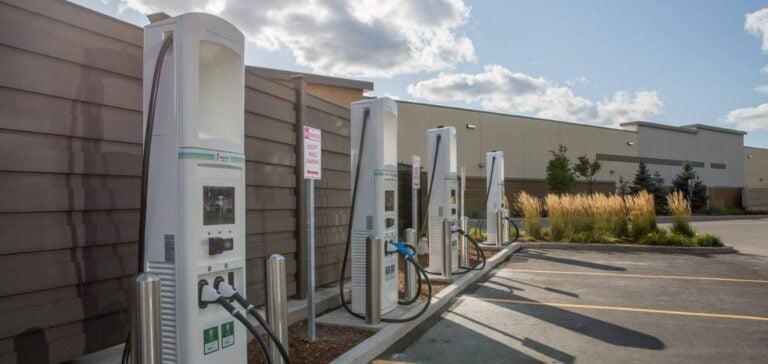Canada is continuing its efforts to develop the infrastructure for electric vehicles (EVs). MP Kody Blois announced federal funding for the installation of 660 Level 2 charging stations in Nova Scotia. Polycorp Group of Companies will receive $3,054,725 million to install 634 bollards, and 292 Main Street Developments Limited will receive $95,596 for 26 additional bollards. Completion is scheduled for December 2024.
Emissions reduction targets
Canada’s goal is for all new vehicles sold to be zero-emission vehicles (ZEVs) by 2035. This initiative is expected to reduce greenhouse gas emissions by more than 360 million tonnes by 2050. Since 2020, investment in the EV supply chain and battery production has exceeded $34 billion, positioning Canada as a world leader in the EV market.
Federal and provincial support
The Zero Emission Vehicle Infrastructure Program and the Zero Emission Vehicle Incentive Program offer subsidies and incentives for the purchase of EVs. Over 300,000 motorists and businesses have benefited from these programs, with incentives of up to $5,000 per vehicle. The federal government is also funding fast-charging infrastructure, notably through partnerships with Flo and Parklands for 4,000 fast-charging stations.
Outlook for sustainable mobility
Investments in charging stations and battery technologies demonstrate Canada’s commitment to sustainable mobility and the reduction of carbon emissions. These initiatives aim to facilitate the adoption of EVs, protect the environment and stimulate economic growth in the cleantech sector. The transition to EVs is essential to meeting climate targets and creating a greener future.






















